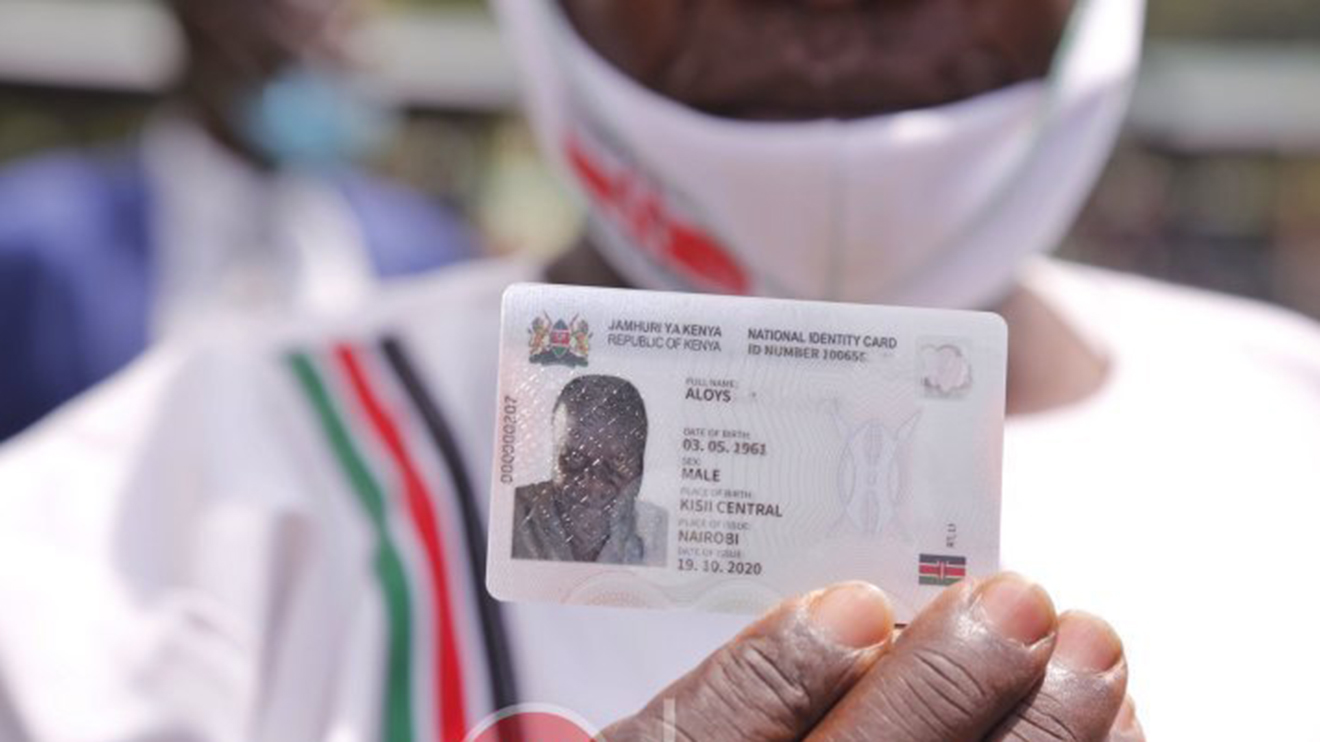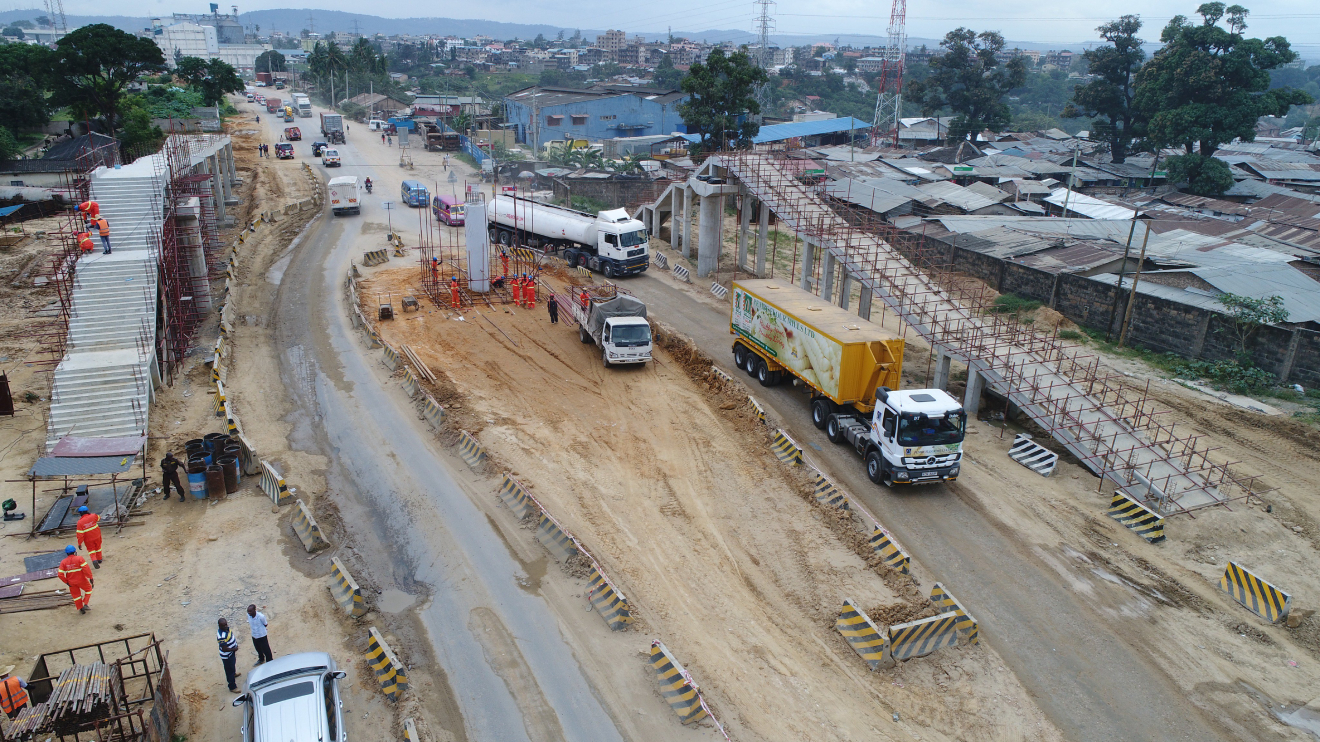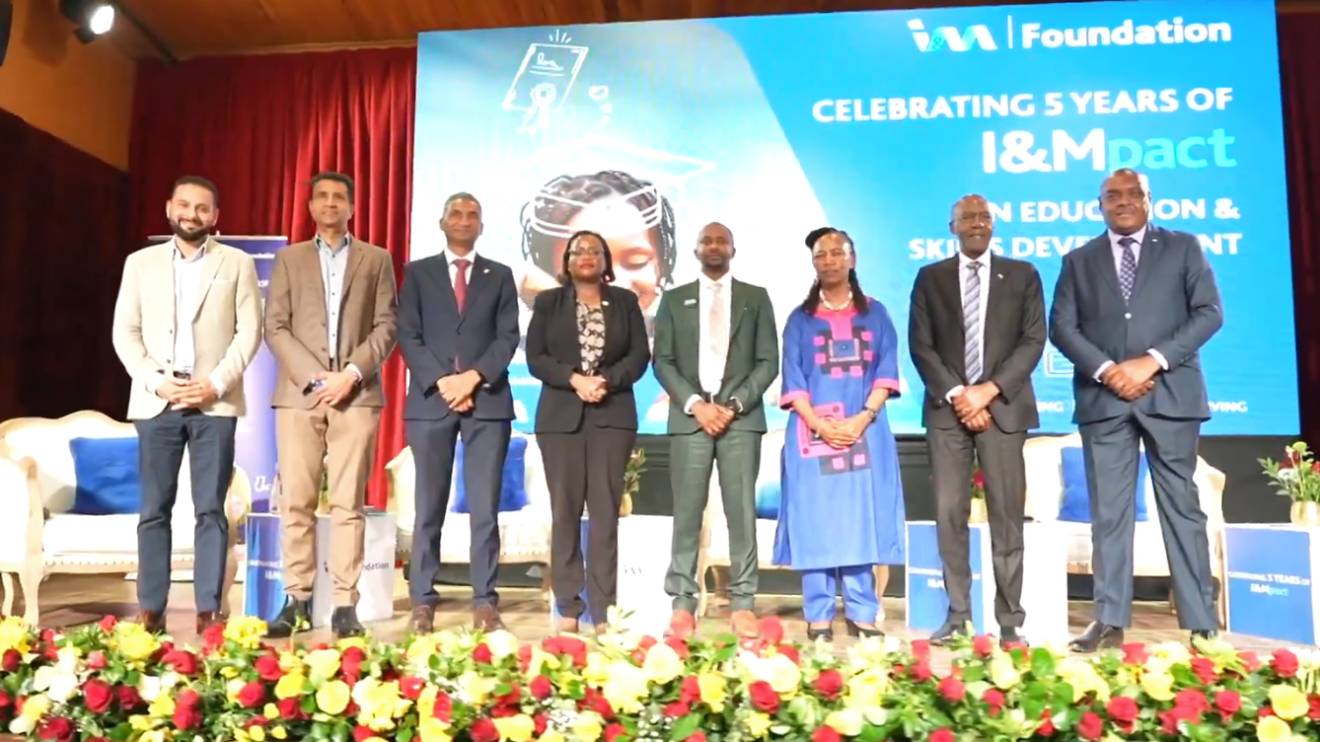This year’s 965,000 candidates sitting for the Kenya Certificate of Secondary Education (KCSE) examinations are set to receive the newly introduced Maisha Card before the end of the exam period.
Immigration and Citizen Services Principal Secretary Julius Bitok confirmed that students who have attained the age of 18 will be issued with the card, streamlining their access to higher education.
The initiative, a collaborative effort between the Ministries of Interior and Education, is aimed at ensuring that students transitioning to university or other tertiary institutions are not hindered by the absence of identification documents.
Speaking to the National Assembly's Education, Research and Technology committee, Bitok noted that the Maisha Card would greatly benefit students.
"We have mobilized our registration officers across the country to issue Maisha Cards to eligible candidates to enable those who qualify to join local or international universities, apply for Higher Education Loans Board, scholarships and other post-high school pursuits," Bitok remarked.
Read More
The issuance of the Maisha Card is set to provide students with seamless access to vital services, including applications for the Higher Education Loans Board (HELB), scholarships, and international study opportunities.
According to PS Bitok, this process will eliminate potential delays for students seeking further education after high school.
In addition to this, the government has introduced a paperless system for registering Maisha Cards.
The Principal Secretary revealed that a pilot programme is already underway in Huduma Centres and National Registration Bureau offices across county headquarters.
The aim is to have Maisha Cards issued within 10 days of application.
“We’ve gone paperless. You apply for your ID on the eCitizen portal, then visit any Huduma centre or NRB county office for your biometrics, which will be relayed in real-time to the NRB headquarters in Nairobi,” Bitok explained.
The government’s commitment to modernising identification processes is expected to benefit thousands of students and young adults, enabling them to navigate their post-secondary education journey with ease.
The pilot project marks a significant shift towards digital efficiency, ensuring faster turnaround times for applicants.










-1757243598.jpg)
-1757244564.jpg)